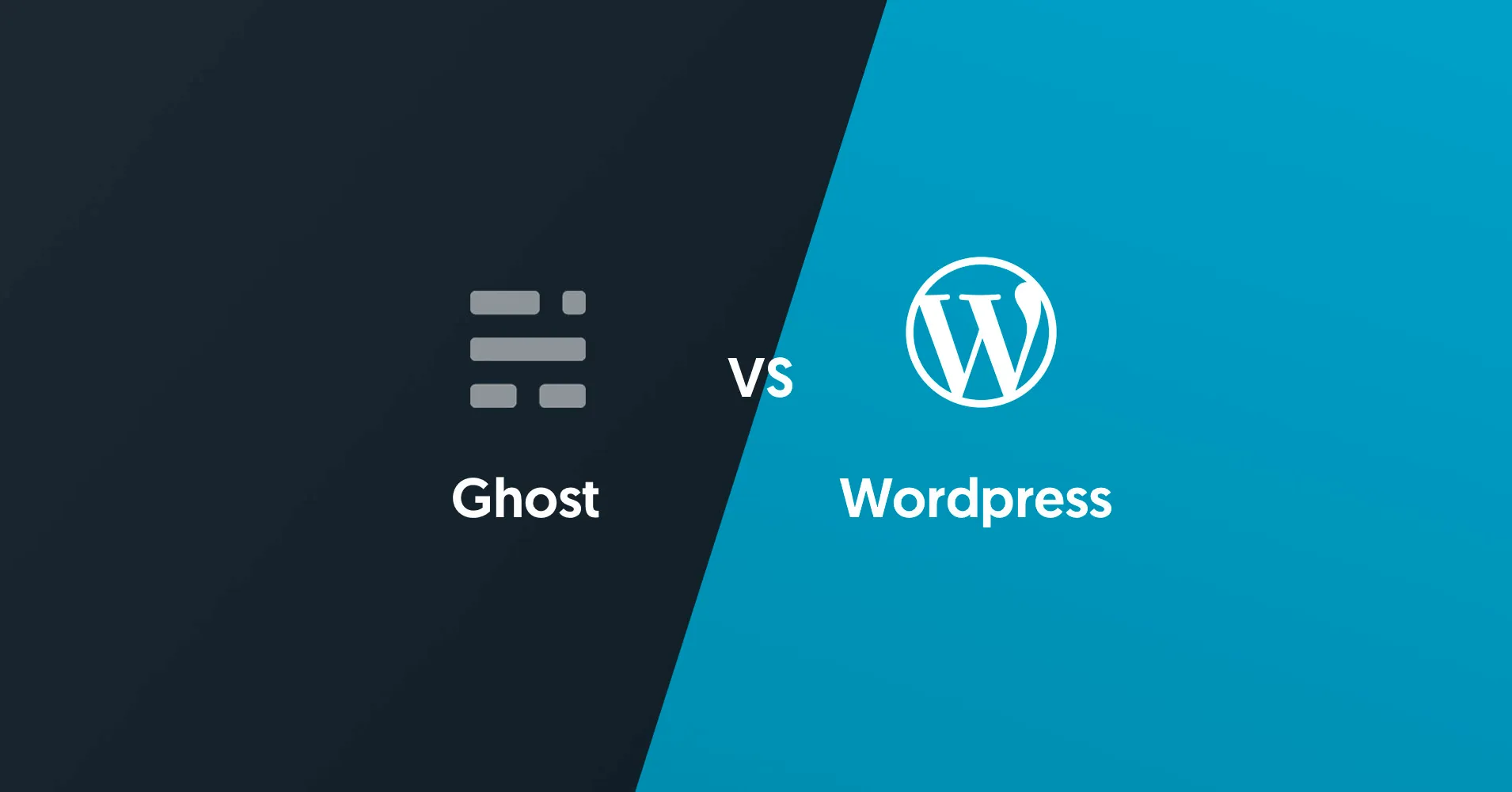The Harsh Truth: WordPress Isn’t Built for Modern SEO Ghost Is

Let’s be blunt:
If you’re still using WordPress for serious content and SEO in 2025, you’re probably wasting time, traffic, and tech budget.
Yes, WordPress is everywhere.
But it’s also outdated, bloated, and built for a web that doesn’t exist anymore.
There’s a better way — and it’s called Ghost.
Why WordPress Isn’t Built for Modern SEO
WordPress was made for blogs.
Then turned into a plugin Frankenstein. Now, it’s often a patchwork of themes, bloated builders, and security issues.
Here’s what that means for SEO:
- Slow page loads due to heavy themes and plugin clutter
- Technical debt from plugins overriding plugins
- Constant updates & breaking changes
- SEO plugins needed just to fix core weaknesses
- No headless-first architecture for modern stacks
If you're spending more time fixing WordPress than publishing — you're on the wrong stack.
Also See: Ghost 6
Why Ghost Is the SEO-First CMS You Should Be Using
Ghost is modern, fast, and made for content-first growth.
Out of the box, Ghost delivers what WordPress needs a plugin army for:
- Blazing-fast performance — built on Node.js
- Clean, semantic HTML — optimized for indexing
- Built-in structured data (schema)
- Canonical & hreflang control without extra plugins
- Native AMP support if needed
- Sitemap, RSS, and robots.txt included
- No cookie banners, unless you add them
And because it’s a headless CMS, you can use it with any frontend — or go fully static with frameworks like Next.js, Nuxt, or Hugo.
Why Ghost Is Better for Content Teams Too
Not just devs benefit. Content teams love Ghost for:
- Distraction-free editor (like Notion meets Medium)
- Native newsletters — publish once, send everywhere
- Member features for gated content and subscriptions
- Tag-based routing for flexible content hierarchies
- Integrated analytics (without Google clutter)
But Can Ghost Handle SEO at Scale?
Yes — and better than WordPress.
Here’s what you get out of the box in Ghost vs what’s needed in WordPress:
| Feature | WordPress (Needs Plugin) | Ghost (Native) |
|---|---|---|
| Sitemap.xml | via Yoast or RankMath | Built-in |
| Open Graph & Twitter Cards | via plugin | Native |
| Canonical URL support | Needs config | Built-in |
| Clean HTML & no bloated markup | Theme-dependent | By default |
| Headless API (JSON, Content) | REST with plugin | Native REST & GraphQL |
| Page speed & Core Web Vitals | Often low | Very high |
Ready to Upgrade Your Stack?
At Scalevise, we help companies migrate from WordPress to blazing-fast, scalable Ghost setups — fully customized, SEO-optimized, and integrated with your content or marketing stack.
